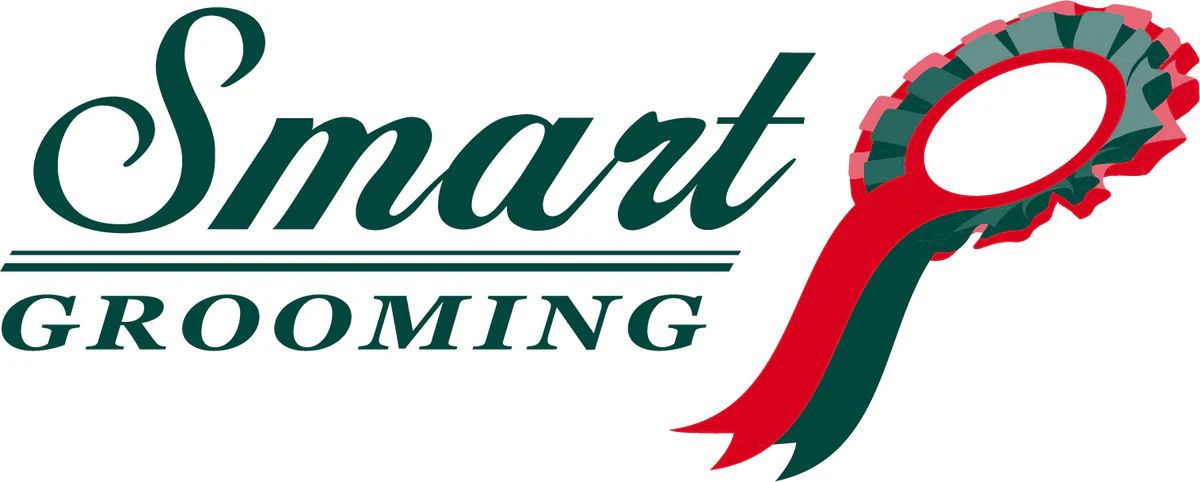- Join Us
- Login
- EEA ToolKit
- Employment Essentials
- Frequently asked
- Contracts and wages
- Time off work & absence
- Staff management & training
- Workplace disputes
- Dismissals and resignations
- Pregnancy and children
- Avoiding discrimination
- Redundancy and Retirement
- Other responsibilities
- Legal Helpline
- Recruitment
- Good Recruitment
- New starters
- Find a groom
- Good Employment
- Resources
- Downloads Library
- EEA Pension & Payroll
- Safe workplace
- Employers Minds
- Transporting horses
- Riding Establishment Licences
- Member discounts
- Business Hub
- Equestrian businesses
- The business plan
- Business compliance
- My clients
- Livery Contract Creator
- Financial matters
- Business challenges
- Marketing
- The EEA
- Employers Life
- Contact

Increase in Equine Herpes Virus
2nd July 2018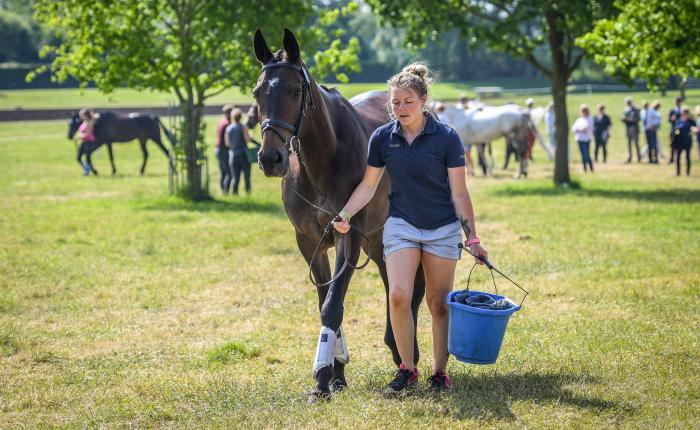
There has been an increased incidence of reports of Equine Herpes Virus (EHV) in several European countries which is prompting grooms and horse owners to tighten up on their biosecurity measures.
Although the UK has seemingly seen more problems with equine herpes virus-1 (EHV-1) infection (including neurological disease in horses in Devon, Somerset, East Anglia and Gloucestershire), EHV-1 is, and always has been, an ever present threat among horses attending and mixing at equine events.
This is because this common virus has the ability to remain in a latent (hidden) form within horses and re-emerge (become active) without warning to cause clinical problems. This is a similar phenomenon seen with herpes simplex virus in humans which periodically re-emerge to cause ‘cold sores’ in some people.
As with herpes simplex virus, the re-emergence of EHV-1 is seemingly variable between individuals and may occur in a variety of stressful situations, including with travelling and mixing of horses.
Clinical signs can include
• Increased temperature
• Nasal discharge
• Enlarged lymph nodes
• Decreased performance
• Weakness in hind legs
• Strange gait
• Anorexia
• Lethargy
Actions to take at home before attending an event (taken from AHT)
• It is good practice to routinely take the rectal temperature of all horses twice daily and record these in a diary, along with any other abnormal health signs (e.g. coughing, nasal discharge, reduced appetite, swellings etc).
• It should then be obvious when an animal ‘spikes’ an abnormally increased rectal temperature (usually ≥38.5°C/101.3°C)
• Isolate any horse with a spike in temperature and put into place biosecurity measures to avoid contamination with other horses on the yard
• It is an important responsibility not to move horses off premises where infectious disease has been recently diagnosed as it is possible that seemingly healthy animals may be incubating the disease. If these horses are taken to events, they could spread infection to other horses.
Actions to be taken whilst attending the event
• Infections such as EHV-1 spread most easily through close direct contact between horses, or through indirect contact arising from sharing of feed/water buckets and tack such as bits/bridles or humans going between horses without applying appropriate hand hygiene measures
• Unlike equine influenza, EHV-1 does not spread readily through the air between horses that are physically separated by more than 5-10m
• With these two considerations in mind, the risk of transmission of EHV-1 whilst at an event can be greatly reduced by horse owners and competitors ‘keeping themselves and their horses to themselves’ and avoiding direct and indirect contact with others.
Event organisers should be notified if an infectious disease is diagnosed in horses returning from an event as this will help heighten awareness and in some circumstances may help prevent further onward transmission from other infected premises.
If you are concerned that your horse may have been exposed to EHV-1 or any other infectious disease, please consult your vet for advice and avoid moving the animal until it has been given the all clear by your vet.
Sensible and simple biosecurity steps for horse owners and competitors attending equine events provided by the Animal Health Trust.
Be ahead of the game and find out more about biosecurity
NEWS ARCHIVE
- 2026 (3 ENTRIES)
- 2025 (31 ENTRIES)
- 2024 (22 ENTRIES)
- 2023 (18 ENTRIES)
- 2022 (15 ENTRIES)
- 2021 (10 ENTRIES)
- 2020 (36 ENTRIES)
- 2019 (42 ENTRIES)
- 2018 (48 ENTRIES)
- 2017 (15 ENTRIES)

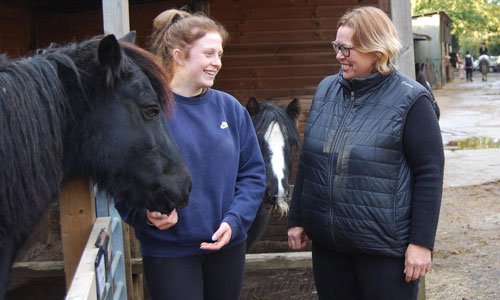












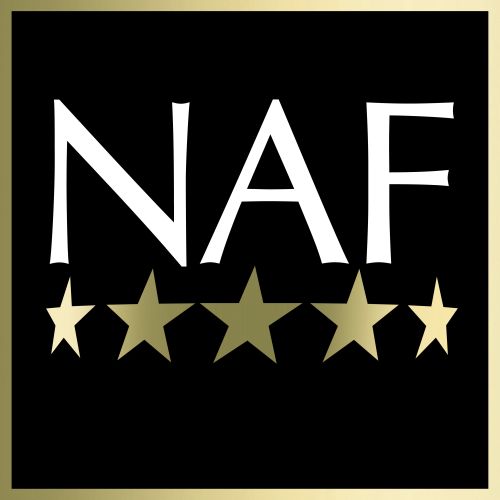


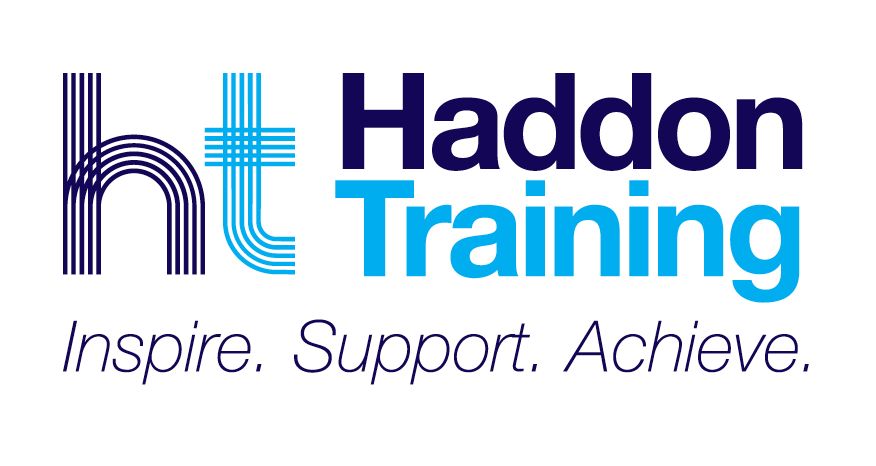
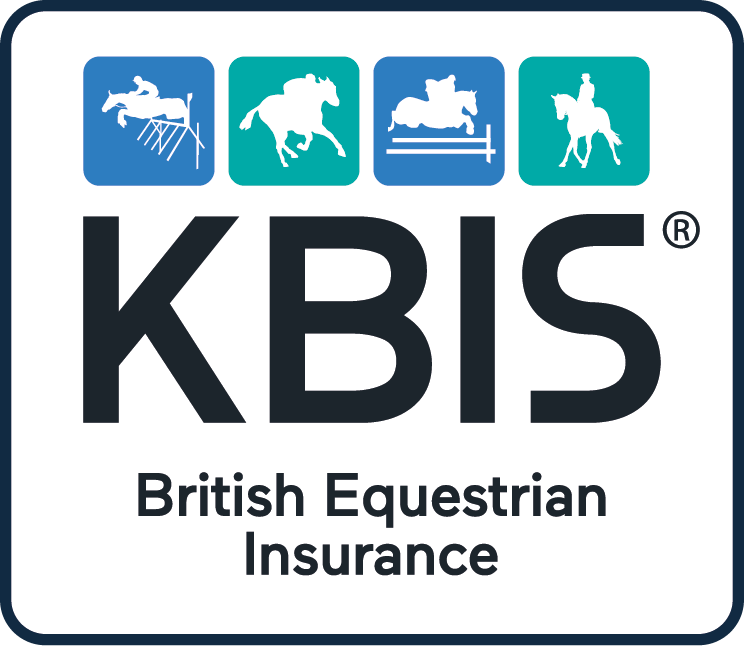
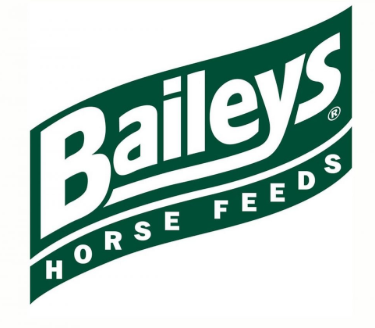
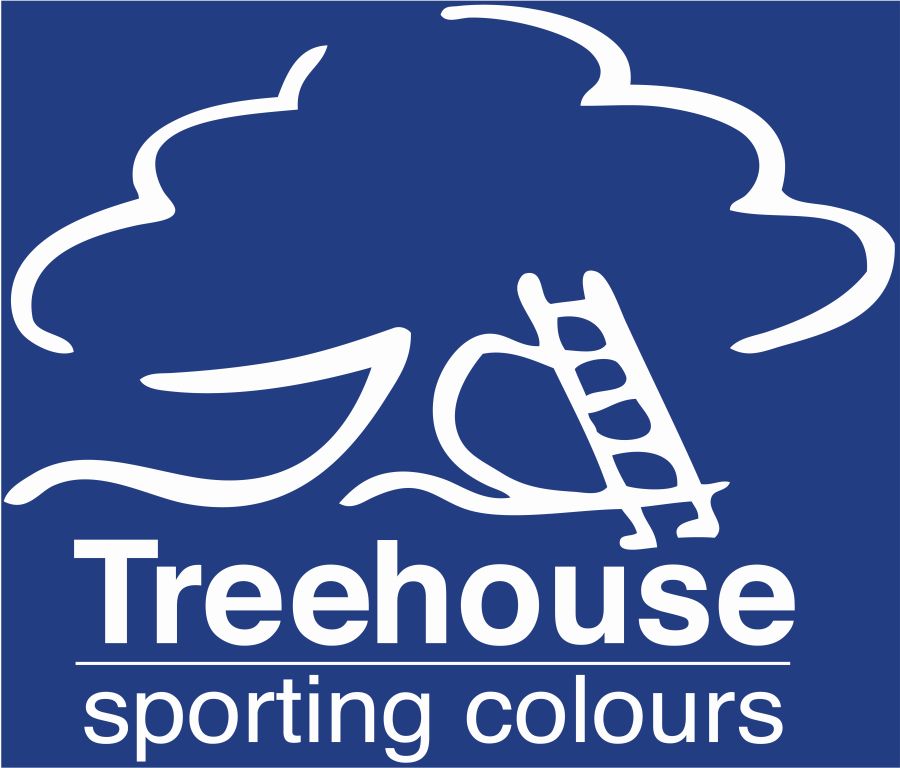

-Small.jpg)

